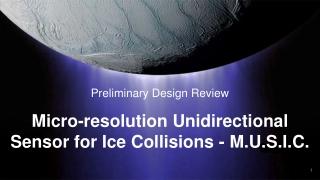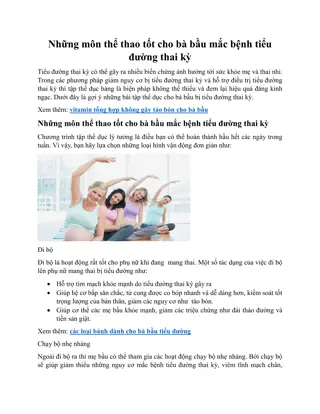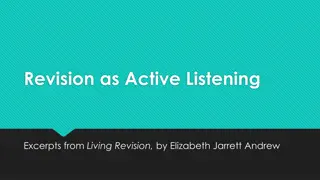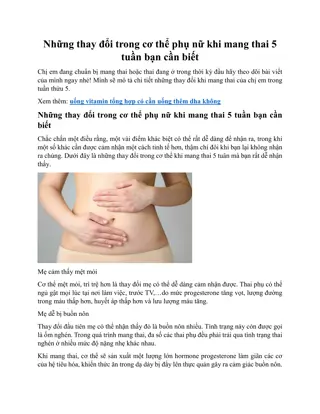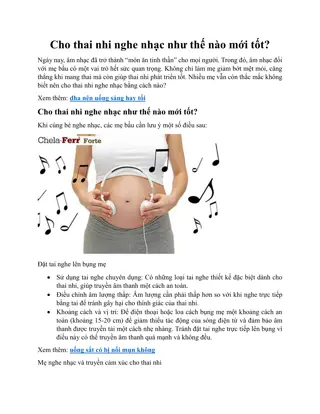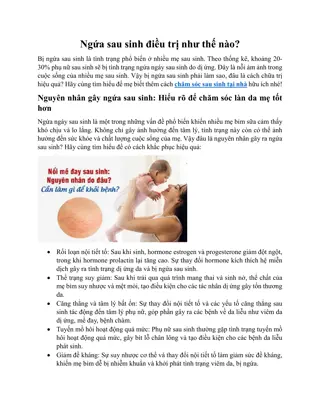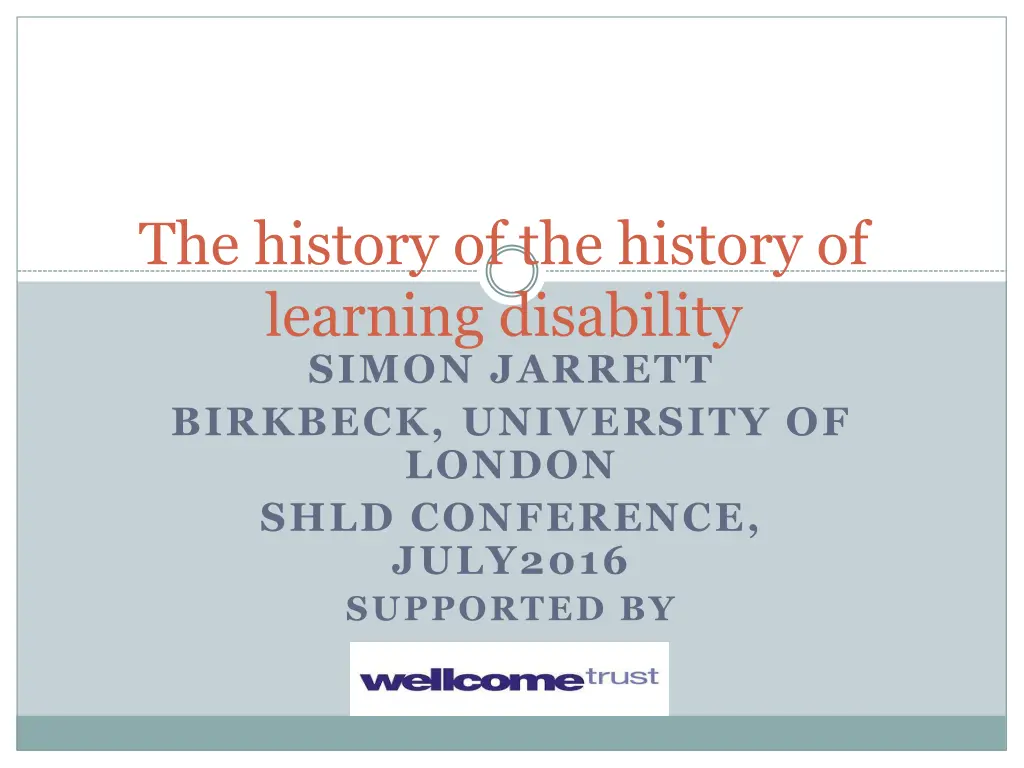
Understanding the History of Learning Disability: An Insightful Overview
Explore the evolution of attitudes towards learning disability through various historical perspectives, discussing language, institutionalization, and societal norms. Reflect on the power dynamics of defining disability, challenging present norms, and caution in interpreting history.
Download Presentation

Please find below an Image/Link to download the presentation.
The content on the website is provided AS IS for your information and personal use only. It may not be sold, licensed, or shared on other websites without obtaining consent from the author. If you encounter any issues during the download, it is possible that the publisher has removed the file from their server.
You are allowed to download the files provided on this website for personal or commercial use, subject to the condition that they are used lawfully. All files are the property of their respective owners.
The content on the website is provided AS IS for your information and personal use only. It may not be sold, licensed, or shared on other websites without obtaining consent from the author.
E N D
Presentation Transcript
The history of the history of learning disability SIMON JARRETT BIRKBECK, UNIVERSITY OF LONDON SHLD CONFERENCE, JULY2016 SUPPORTED BY
Beugos Guide to caricature 1801 Stupidity Drivelling idiocy
Martin W Barr Mental Defectives: their history, treatment and training 1904
The first wave: medical history Stanley P Davies Social control of the feeble-minded 1923 Social Control of the mentally deficient 1930 The mentally retarded in society 1959 The mentally ill in America 1937 A history of the care and study of the mentally retarded 1964 Albert Deutsch Leo Kanner R C Sheerenberger A history of mental retardation 1983 A history of mental retardation: a quarter century of promise 1987 Kathleen Jones History of the mental health services 1972
The history of the history of learning disability Do we see the person as a product of the institutions they lived in? Do we work backwards, looking for what we know today? Why does language change so much is it to assert claims to control?
Some thoughts Learning disability is what we say it is Language is an expression of power The present isn t always right and the past isn t always bad A person should not be defined by the services they receive, or the place where they live It is not the historical norm to live in an institution Enjoy history, but read it with caution
Thank you! Simon Jarrett simonj@jarr.demon.co.uk

